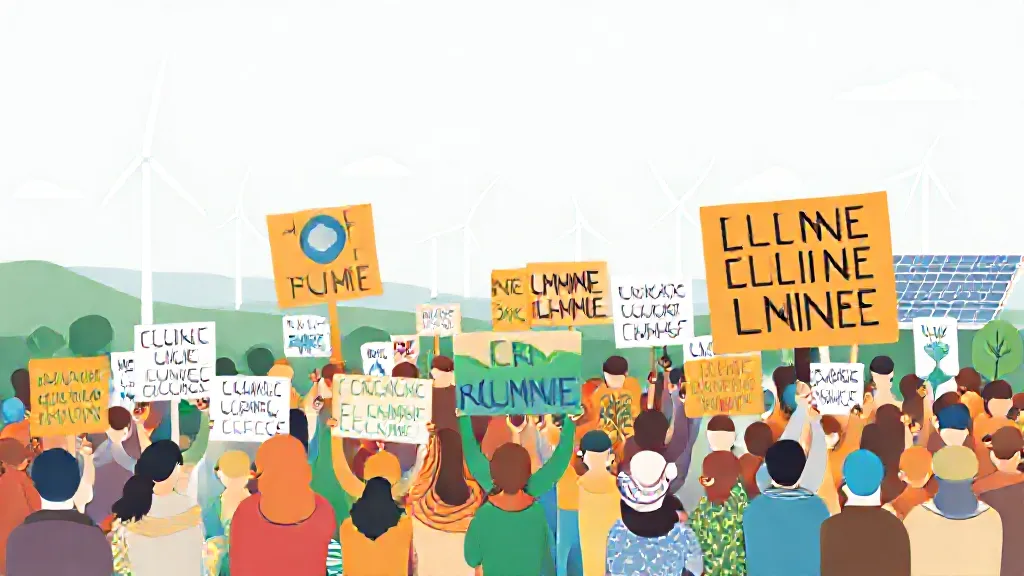Public awareness plays a crucial role in driving climate action, as it shapes perceptions, influences behavior, and mobilizes communities towards sustainable practices. The relationship between awareness and action is evident in various historical movements, demonstrating how informed citizens can catalyze significant environmental changes. To fully grasp this connection, it is essential to explore the mechanisms through which public awareness can foster climate action, the challenges faced, and successful case studies that illustrate this dynamic.
The Power of Information in Climate Awareness
The dissemination of information regarding climate change is fundamental to raising public awareness. As scientific evidence mounts, the need for clear communication becomes increasingly critical. Organizations such as the Intergovernmental Panel on Climate Change (IPCC) work tirelessly to present data on climate impacts, yet the challenge remains in translating this information into accessible formats for the general public.
Education initiatives, social media campaigns, and community workshops are instrumental in bridging this gap, ensuring that individuals not only understand the facts but also recognize their role in the climate crisis.
The Impact of Grassroots Movements
Grassroots movements have historically been at the forefront of climate action, demonstrating how public awareness can lead to significant policy changes. The Fridays for Future movement, initiated by Greta Thunberg, exemplifies how a single voice can amplify global awareness and mobilize millions.
This movement has highlighted the urgency of climate action among youth, creating a ripple effect that encourages political leaders to prioritize environmental policies. Such movements showcase the power of collective action fueled by increased public awareness, illustrating that informed citizens can hold governments accountable.
Media's Role in Shaping Perceptions
The media plays a pivotal role in shaping public perceptions of climate change.
Documentaries, news reports, and social media platforms serve as vital channels for disseminating information about environmental issues. Investigative journalism can uncover hidden truths about corporate practices harmful to the environment, while documentaries like "Our Planet" or "Before the Flood" can emotionally engage audiences, prompting them to take action. The framing of climate narratives significantly influences public discourse, making it essential for media outlets to present accurate and compelling stories that inspire action.
Educational Initiatives and Their Importance
Educational initiatives in schools and communities can significantly enhance public awareness about climate change. Programs that incorporate environmental education into curricula empower students to understand the complexities of climate science and the importance of sustainability. For instance, initiatives like Eco-Schools encourage students to engage in projects that promote environmental stewardship, fostering a sense of responsibility towards the planet.
By nurturing a generation that values climate action, educational programs can create long-lasting change in societal attitudes.
The Role of Technology in Raising Awareness
Technology has revolutionized the way we communicate and engage with climate issues. Social media platforms allow for rapid dissemination of information, enabling campaigns to reach wider audiences in real-time.
Apps that track carbon footprints or provide tips for sustainable living empower individuals to make informed choices. Moreover, virtual reality experiences can immerse users in the realities of climate change, fostering empathy and urgency. The integration of technology into climate awareness strategies is vital for engaging younger demographics and inspiring them to take action.
Challenges in Raising Public Awareness
Despite the advancements in climate communication, several challenges persist in raising public awareness. Misinformation and climate denial can undermine efforts to mobilize communities. Furthermore, the psychological phenomenon known as "climate fatigue" can lead to apathy among individuals who feel overwhelmed by the magnitude of the crisis.
Addressing these challenges requires a multifaceted approach that not only informs but also motivates individuals to act. Engaging storytelling, community involvement, and transparent communication are essential to combatting these barriers.
Successful Case Studies of Climate Action
Numerous successful case studies illustrate how public awareness has led to effective climate action.
The transition to renewable energy in countries like Denmark and Germany showcases how informed citizens can advocate for sustainable policies. In these nations, public awareness campaigns have educated citizens about the benefits of renewable energy, resulting in substantial investments and policy changes. Similarly, cities like San Francisco have implemented comprehensive waste management programs driven by community engagement and awareness, significantly reducing landfill waste.
The Future of Climate Action and Public Awareness
Looking ahead, the future of climate action will heavily rely on continued public awareness initiatives. As climate change impacts become more pronounced, the need for informed citizens who can advocate for sustainable policies is paramount. Collaboration between governments, NGOs, and the private sector will be essential in creating comprehensive awareness campaigns that resonate with diverse audiences.
By fostering a culture of environmental responsibility and engagement, society can harness the collective power of informed individuals to drive meaningful climate action.
